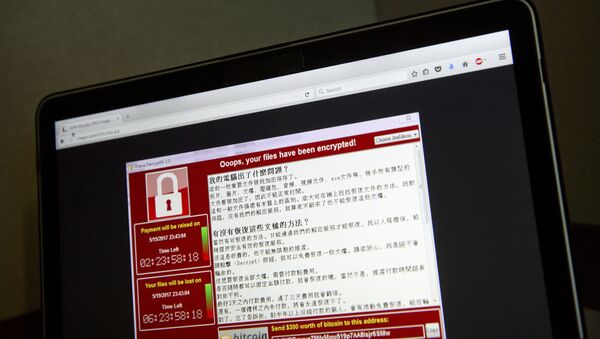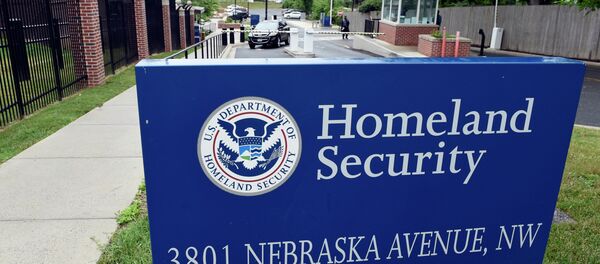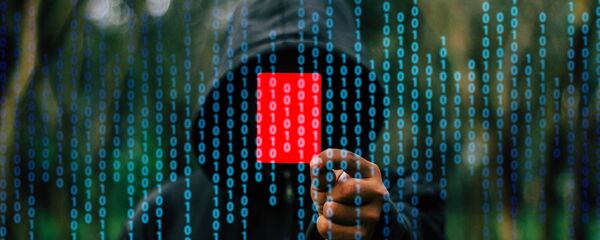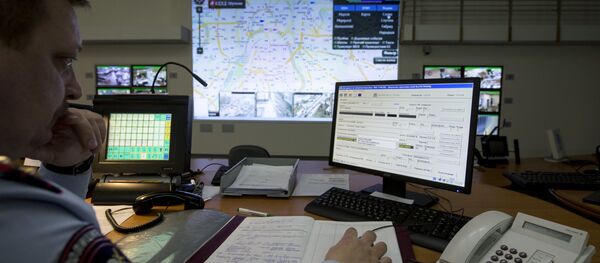"We’ve seen the rise of ransomware becoming the principal threat, I think, but this is something we haven’t seen before — the global reach is unprecedented," Europol Executive Director Rob Wainwright said in an interview on the British television program "Preston on Sunday."
Using techniques purportedly stolen from the National Security Agency (NSA) and made available by the hacker group Shadow Brokers, the attack affected Russia’s Ministry of Interior, FedEx Corp., Nissan Motor Co., the Deutsche Bahn rail system of Germany, the UK’s National Health Service, PetroChina, Renault SA, Chinese government agencies and other computer systems in the US, Asia and Europe.
Computers were infected with "ransomware," where encrypted files are made inaccessible with demands of a ransom of $300 in the cryptocurrency bitcoin. The highest concentration of infections were in Ukraine and Russia.
On Monday British Health Minister Jeremy Hunt told Sky News that although no second attack has been mounted yet, institutions would be wise to remain on alert. "We have not seen a second wave of attacks, and the level of criminal activity is at the lower end of the range that we had anticipated, and so I think that is encouraging," he said, "The message is very clear, not just for organizations like the NHS (National Health Service) but for private individuals, for businesses."
Hospitals throughout England had to turn away patients from regular appointments and surgeries due to the first attack.
Brad Smith, president of Microsoft, said the incident should serve as a “wake-up call” to the US and other world governments, as it highlights the need for countries to rethink how they conceive of cybersecurity.
He wrote on the company blog, "They need to take a different approach and adhere in cyberspace to the same rules applied to weapons in the physical world. We need governments to consider the damage to civilians that comes from hoarding these vulnerabilities and the use of these exploits."
Smith also urged Windows users to protect themselves against increasingly sophisticated cyber criminals by updating their systems, suggesting that “this attack demonstrates the degree to which cybersecurity has become a shared responsibility between tech companies and customers."
At least $50,000 in ransom has been paid so far, and that figure is expected to rise.
On Friday, Dr. Binoy Kampmark, Senior Lecturer at RMIT University in Melbourne told Radio Sputnik that although the tactics used in this latest hack aren’t new, it hasn’t been seen on this scale before, and noted that future attacks are likely.
He said, "The reality is that these particular systems are going to be used, more will be coming out because this is after all a new frontier … we are set to deal with matters of security in this way, which connect intelligence agencies but also those in the private sector. So, we are concerned essentially about security of data both in a private and a public sense, so we can expect more of that, I'm afraid."





